PGRs within BU Sustainable Design Research Centre have recently launched facebook page, for showcasing their research and professional practice engagement and activities.
The activities of SDRC include four areas 1; “Tribology”, 2; Renewable Technology & Sustainable Design 3; Structural Integrity and 4; Design Education. The Centre has extensive experimental and analytical resources to assess wear mechanisms of rolling and sliding contacts, corrosion simulation, renewable technology and surface analyses. These include rotary tribometer, micro-friction machine, corrosion simulation chamber, solar-thermal heat transfer & thermal expansion bench testing, 2D and 3D surface analysis techniques.
SDRC has formed strong partnerships with national and multinational companies such as SK&F (Netherlands), Royal National Lifeboat Institution (RNLI), Future Energy Source Ltd, Defence Science & Technology Laboratory (DSTL) Ministry of Defence, Schaeffler, Energetix, The Tank Museum, Poole Tidal Energy Partnership, Balmain Trust and has secured funding for conducting collaborative research.
Collaborative work is also being carried out with other universities such as Oviedo University in Spain, County Carlow Institute of Technology in Ireland, University of Wisconsin Milwaukee USA, PES Institute of Technology Bangalore India and National Institute of Technology Srinagar India.
Current SDRC Research Projects
A Condition Based Approach to the Tribology of RNLI Marine Systems
A Market Driven Standard for a High Quality Graduate
Defect Tolerance Assessment of Silicon Nitride in Rolling Contact
Electroplated composite coatings with incorporated nano particles for tribological systems with the focus on water lubrication
Element, Use and Meaning: Between the Vernacular and Current Interiors in Saudi Arabia, Eastern Region.
Experimental investigation and mathematical modelling of dynamic equilibrium of novel thermo fluids for renewable technology applications
In-situ corrosion health monitoring and prediction in military vehicles
Optimisation of Braking Systems and Sustainable Design in Traction Drive Passenger and Goods Lifts
Practice Based Design Research: Development of research models, methodologies and evaluation criteria appropriate to its intellectual culture.
Research and development in novel alternative renewable energy technology
Sustainable Methodology of Conserving Historic Vehicles
Tribological Properties and Performance of Bio-fuels on Internal Combustion Engines: an application to the Life Cycle Analysis of Refined Palm Oil (RPO) Bio-diesel
For research, enterprise or professional practice inquiries within SDRC themes please contact
Dr Zulfiqar Khan (Associate Professor)
Director SDRC
zkhan@bournemouth.ac.uk


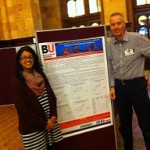

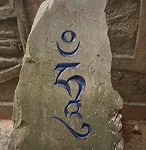

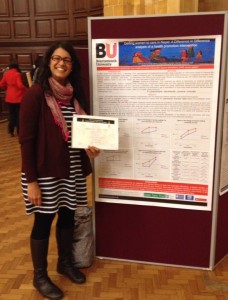

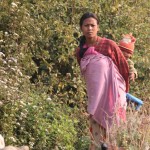
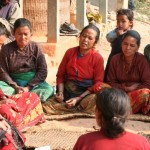

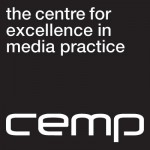
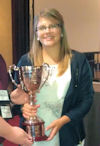


















 From Sustainable Research to Sustainable Research Lives: Reflections from the SPROUT Network Event
From Sustainable Research to Sustainable Research Lives: Reflections from the SPROUT Network Event REF Code of Practice consultation is open!
REF Code of Practice consultation is open! BU Leads AI-Driven Work Package in EU Horizon SUSHEAS Project
BU Leads AI-Driven Work Package in EU Horizon SUSHEAS Project ECR Funding Open Call: Research Culture & Community Grant – Apply now
ECR Funding Open Call: Research Culture & Community Grant – Apply now ECR Funding Open Call: Research Culture & Community Grant – Application Deadline Friday 12 December
ECR Funding Open Call: Research Culture & Community Grant – Application Deadline Friday 12 December MSCA Postdoctoral Fellowships 2025 Call
MSCA Postdoctoral Fellowships 2025 Call ERC Advanced Grant 2025 Webinar
ERC Advanced Grant 2025 Webinar Update on UKRO services
Update on UKRO services European research project exploring use of ‘virtual twins’ to better manage metabolic associated fatty liver disease
European research project exploring use of ‘virtual twins’ to better manage metabolic associated fatty liver disease